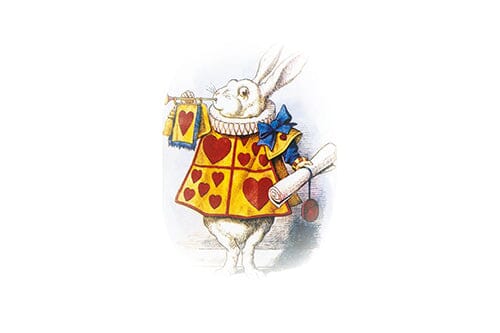Easter is a major religious holiday that commemorates the resurrection of Jesus Christ. But for many people, it's also a time for Easter egg hunts and chocolate bunnies. The Easter Bunny has become an iconic symbol of the holiday, but few people know its true origin. In this article, we'll explore the surprising history of the Easter Bunny.
The Origins of the Easter Bunny in Pagan Traditions
The origins of the Easter Bunny can be traced back to pagan traditions that predate Christianity. Many ancient cultures believed in a fertility goddess, often represented by a hare or rabbit. The hare was seen as a symbol of fertility and rebirth because of its ability to produce so many offspring.
The Germanic peoples who lived in Europe during the Middle Ages also celebrated the coming of spring with a festival dedicated to the goddess Eostre. According to legend, Eostre found a bird dying from the cold and transformed it into a hare. The hare then laid eggs as a sign of rebirth and renewal.
These pagan traditions were eventually absorbed into Christian celebrations of Easter, which also marked the rebirth of Jesus Christ. The hare or rabbit became a symbol of the resurrection and new life.
The Evolution of the Easter Bunny in Christian Traditions
In Christian traditions, the Easter Bunny became a symbol of the resurrection of Jesus Christ. The hare or rabbit was seen as a representation of the new life that emerged from the empty tomb. According to legend, the Easter Bunny would lay brightly colored eggs as a sign of this new life.
The tradition of the Easter Bunny was brought to America by German immigrants in the 18th century. They introduced the custom of the "Osterhase," a hare that would lay eggs for children to find on Easter morning. Over time, the Osterhase became the Easter Bunny, and the tradition of Easter egg hunts became a popular American pastime.
The Commercialization of the Easter Bunny in Modern Times
In modern times, the Easter Bunny has become a highly commercialized symbol of Easter. Retailers sell Easter baskets, chocolate bunnies, and other merchandise featuring the Easter Bunny. Many families also take photos with the Easter Bunny at malls and other locations.
Critics argue that the commercialization of the Easter Bunny has led to a loss of the true meaning of Easter. Instead of focusing on the religious significance of the holiday, many people see it as an opportunity to buy and consume goods.
The Enduring Popularity of the Easter Bunny as a Symbol of Easter
Despite the criticisms, the Easter Bunny remains an enduring symbol of Easter. Children look forward to Easter egg hunts and receiving baskets filled with candy and toys. The Easter Bunny has also become a beloved character in children's literature and entertainment, appearing in books, movies, and television shows.
In conclusion, the origins of the Easter Bunny can be traced back to pagan traditions that celebrated fertility and rebirth. The bunny later became a symbol of the resurrection of Jesus Christ and new life. While the commercialization of the Easter Bunny has been criticized, its enduring popularity shows that it still holds a special place in the hearts of many people during the Easter season.


